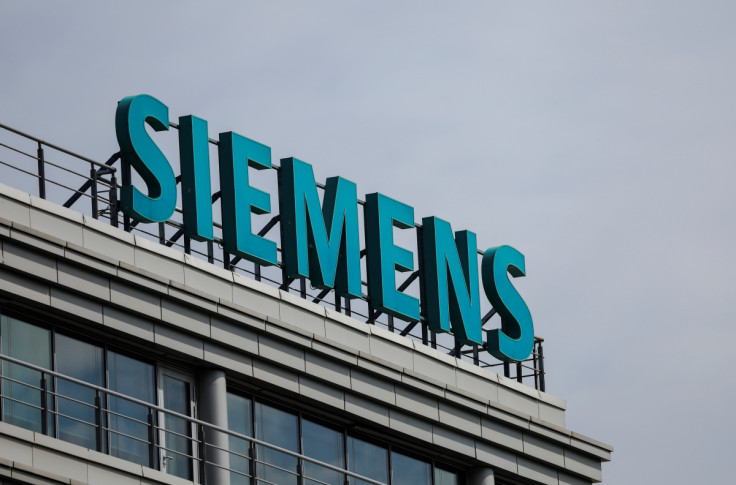Siemens Energy Suffers $4.9B Annual Loss, Will Review Wind Portfolio

Siemens Energy posted an annual loss of 4.6 billion Euros ($4.9 billion U.S.) in its earnings report released Wednesday, which the company attributed primarily to its beleaguered wind turbine unit -- Siemens Gamesa.
The German government announced Tuesday that it had extended 7.5 billion Euros ($8.1 billion U.S.) in guarantees to the company as part of a 15 billion Euro ($16.3 billion U.S.) "rescue package" for Siemens Energy in conjunction with private banks.
"We are pleased with the German government's clear support for Siemens Energy and the commitment to the rapid implementation of projects to make the energy transition a success," a company spokesman told the New York Times on Tuesday.
Siemens is expected to continue to exit certain markets and products related to its wind energy business in an effort to bring its wind turbine operations into profitability. In June, the company said it expected Siemens Gamesa to generate 2 billion Euros ($2.2 billion U.S.) in operating losses through 2024.
On Friday, Siemens Gamesa announced that it had scrapped plans to construct a plant to build offshore wind turbine parts in Portsmouth, Virginia, part of a $200 million investment.
Siemens is Germany's second largest corporation by market capitalization (behind SAP) and Europe's largest industrial manufacturer. The company employs over 300,000 people worldwide.
An Industry Floating In The Wind
Siemens' struggles to achieve profitability in its wind energy businesses -- once considered a reliable source of future revenue growth -- comes after a series of high-profile delays and write downs in the global wind sector in recent months, as high global interest rates and persistent inflation take their toll on renewable energy supply chains.
Also on Tuesday, renewable energy giant Ørsted pulled out of a consortium that was set to bid on a series of offshore wind projects in Norway. In early November the company indefinitely paused plans to construct two wind farms off the coast of New Jersey, and appears poised to take a writedown of $5.6 billion.
In October, Norwegian energy company Equinor took a similar $300 million writedown on an offshore wind project off of Long Island's southern coast after failing to secure approval to construct transmission lines through a densely populated area.
Difficulties in achieving large-scale profitability for the leading renewable energy firms continue to pose obstacles to the global effort of transitioning to low-carbon and renewable energy sources. Bloomberg estimates that $7 trillion in total annual investment is needed to achieve worldwide net-zero carbon emissions by the year 2050.
Siemens did not immediately reply to a request for comment from International Business Times.
© Copyright IBTimes 2024. All rights reserved.












